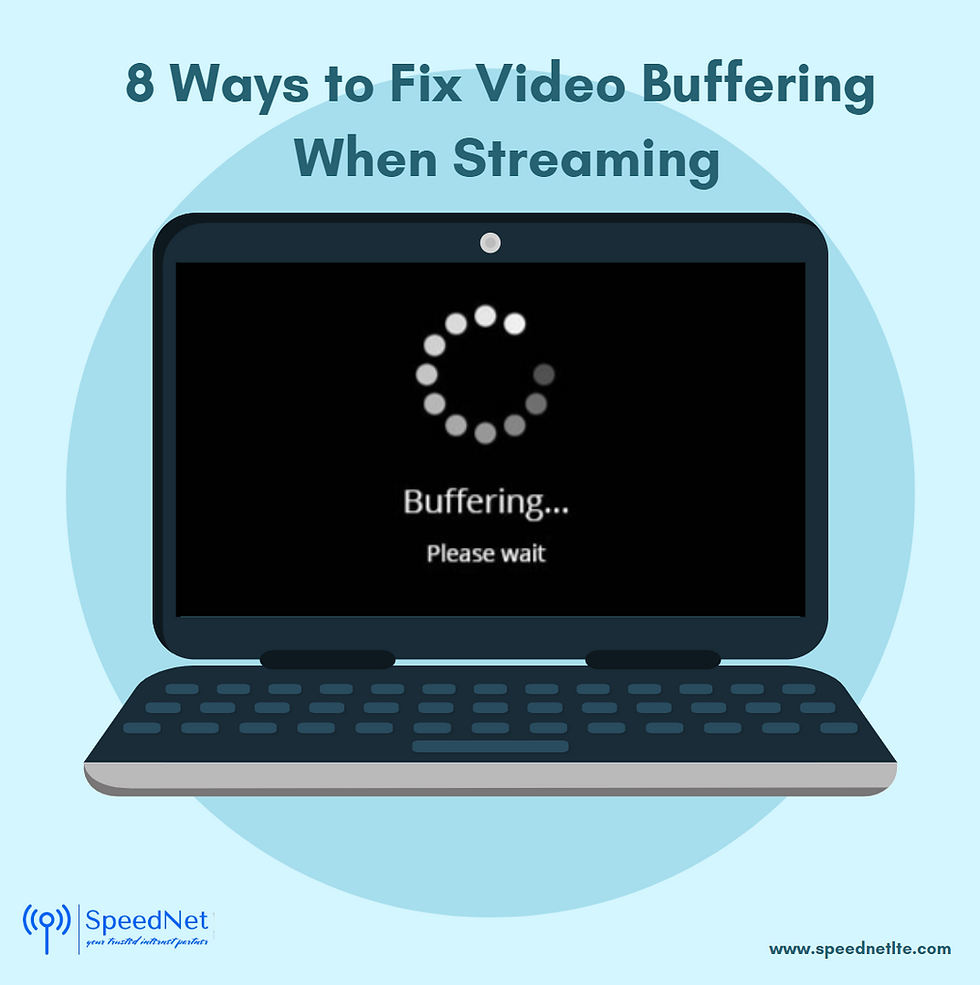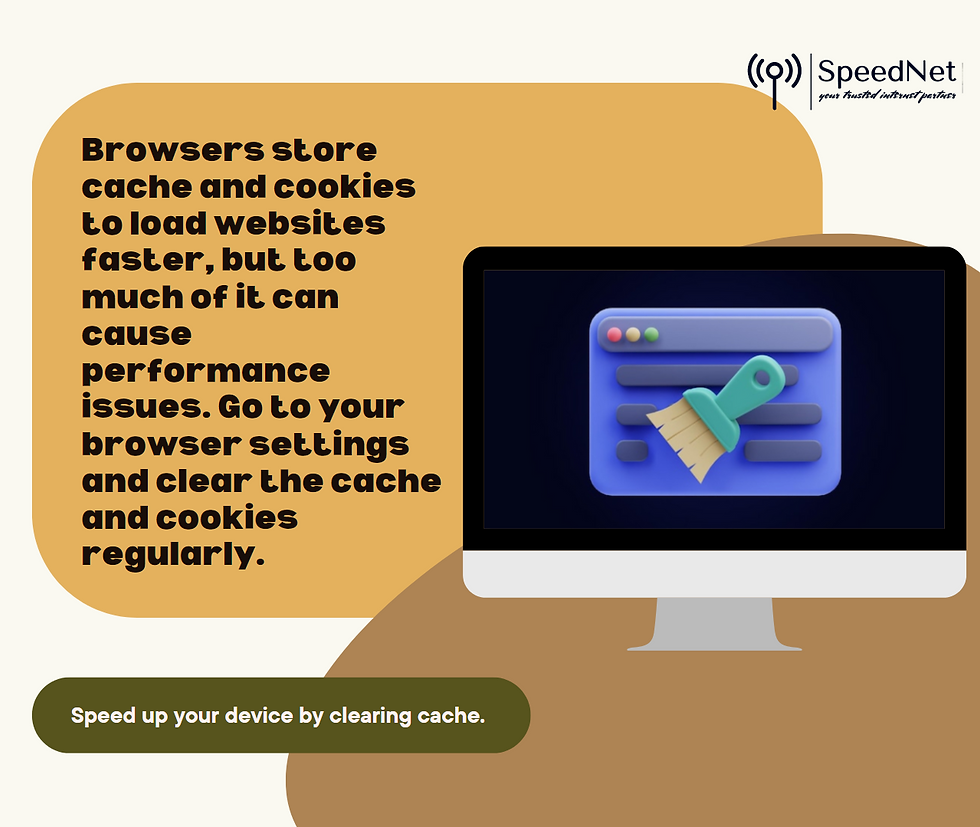Table of Contents:
Introduction
Optimize Your Internet Connection
Adjust Streaming Quality
Close Background Applications
Update Your Streaming Device and App
Clear Cache and Cookies
Use a Different Browser or Device
Restart Your Router and Device
Use a VPN
Contact Your Internet Service Provider (ISP)
Conclusion
FAQs
Introduction
Ever been in the middle of a thrilling movie or an intense game only to be interrupted by that annoying spinning wheel? That's video buffering for you. But don't worry, I've got your back. Let's dive into what causes buffering and, more importantly, how you can fix it.
What is Video Buffering?
Video buffering happens when the streaming service needs to load more data. This can cause pauses in playback, which is super frustrating, especially during a key scene or a crucial game moment.
Why Does Video Buffering Happen?
There are a few reasons why you might experience buffering:
Slow internet connection
Network congestion
Outdated software or hardware
High-quality video streaming on low bandwidth
Optimize Your Internet Connection
Check Your Internet Speed
The first step to fixing buffering issues is to ensure your internet speed meets the streaming service's requirements. You can use online tools like Speedtest to measure your download speed. Most streaming services recommend at least 5 Mbps for HD quality and 25 Mbps for 4K streaming.
Use a Wired Connection
Wi-Fi is convenient, but it can be inconsistent. If possible, connect your streaming device directly to your router with an Ethernet cable. This can provide a more stable and faster connection, reducing buffering issues.
Adjust Streaming Quality
Lower the Video Quality
If your internet connection is slow, consider lowering the video quality. Most streaming services allow you to adjust the quality settings. Dropping from 4K to HD or even SD can significantly reduce buffering.
Enable Adaptive Bitrate Streaming
Some streaming platforms use adaptive bitrate streaming, which automatically adjusts the video quality based on your internet speed. Make sure this feature is enabled to help smooth out playback.
Close Background Applications
Shut Down Unnecessary Apps
Running too many applications on your device can consume bandwidth and processing power, leading to buffering. Close any unnecessary apps to free up resources for your streaming service.
Limit Background Downloads
If there are any ongoing downloads or updates, pause them while streaming. These can hog your bandwidth and cause interruptions in your video playback.
Update Your Streaming Device and App
Keep Your Device Firmware Updated
Outdated firmware can cause performance issues, including buffering. Check for updates on your streaming device and install any available firmware updates.
Update the Streaming App
Similarly, ensure that the streaming app you’re using is up-to-date. Developers frequently release updates to fix bugs and improve performance, which can help reduce buffering.
Clear Cache and Cookies
How to Clear Cache on Browsers
Browsers store cache and cookies to load websites faster, but too much of it can cause performance issues. Go to your browser settings and clear the cache and cookies regularly.
Clearing Cache on Streaming Apps
Streaming apps also accumulate cache. Check the app settings for an option to clear the cache. This can help improve the app's performance and reduce buffering.
Use a Different Browser or Device
Switch Browsers
If you're streaming on a browser and experiencing buffering, try switching to a different browser. Sometimes, the issue may be browser-specific.
Try a Different Device
If possible, try streaming on a different device. Your current device might be struggling with playback due to hardware limitations or other issues.
Check out this 5G Router with Wi-Fi6 capabilities for Super Fast Internet
Restart Your Router and Device
Power Cycle Your Router
Turn off your router, wait for about 30 seconds, and then turn it back on. This can resolve many internet connectivity issues that might be causing buffering.
Restart Your Streaming Device
Similarly, restart your streaming device. Sometimes a simple reboot can fix many software-related problems.
Use a VPN
Benefits of a VPN
A VPN can help bypass network throttling by your ISP, which can sometimes cause buffering. It can also provide a more stable connection depending on your location and the server you connect to.
How to Set Up a VPN
Setting up a VPN is straightforward. Subscribe to a reputable VPN service, download their app on your device, and connect to a server. This can help improve your streaming experience.
Contact Your Internet Service Provider (ISP)
Check for Service Outages
Sometimes, the issue might be with your ISP. Contact them to check if there are any service outages in your area that might be affecting your internet speed.
Upgrade Your Internet Plan
If buffering persists despite trying all the above steps, consider upgrading your internet plan. Higher bandwidth can handle more data, providing a smoother streaming experience.
Upgrade your internet to a truly unlimited data plan by Speed Net Broadband which gives you 5G high-speed internet for a superior streaming experience, even in rural areas. Call now at 888-908-8323 or visit our website www.speednetlte.com to browse plans and place your order!
Conclusion
Buffering can be a major buzzkill, but with these tips, you can significantly reduce or even eliminate it. From optimizing your internet connection to updating your devices and using a VPN, these strategies will help you enjoy uninterrupted streaming.
FAQs
1. Why does my video keep buffering even with fast internet?
Sometimes, buffering can be caused by network congestion, device issues, or streaming platform problems, even if you have fast internet.
2. Can a VPN improve streaming quality?
Yes, a VPN can help bypass ISP throttling and provide a more stable connection, which can improve streaming quality.
3. How often should I clear my cache?
It’s a good practice to clear your cache every few weeks to keep your devices running smoothly.
4. Does lowering video quality reduce buffering?
Yes, lowering the video quality reduces the amount of data required, which can help minimize buffering.
5. Why should I use a wired connection for streaming?
A wired connection is generally more stable and faster than Wi-Fi, reducing the chances of buffering.




Comments